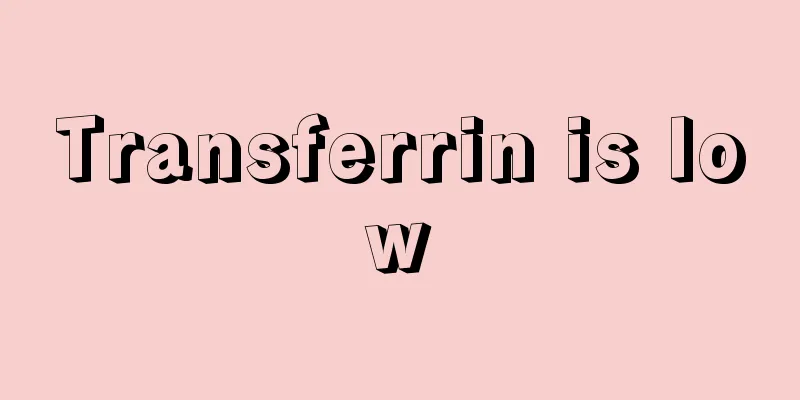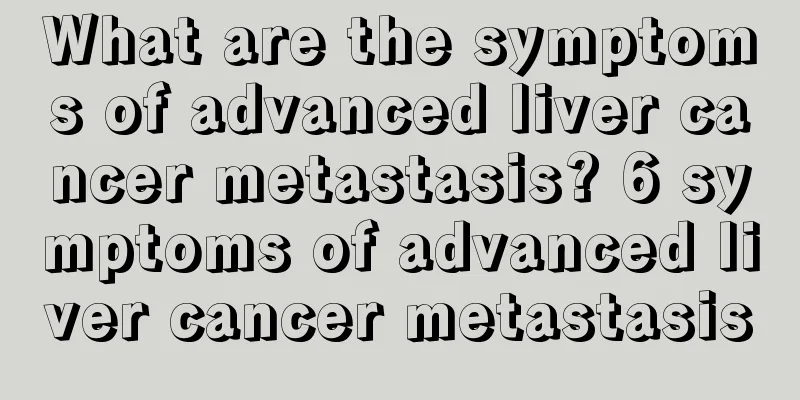Will kidney stones turn into uremia?

|
Kidney stones are a very common stone disease. When the stones are relatively small, there may be no symptoms, but larger stones will cause pain. The treatment of kidney stones is directly related to the size of the stones, and small stones can be treated with medication. Large stones or those with more obvious symptoms may require surgical treatment. Some people don't know much about stones and worry that they may develop uremia. So, will kidney stones turn into uremia? Let’s take a look below. Can kidney stones lead to uremia? Severe kidney stones, if not treated effectively, may also lead to uremia. For example, if the stones are large, or multiple kidney stones, kidney stones that lead to severe hydronephrosis, etc., if not treated in time, it may cause renal damage and develop into uremia. Kidney Stone Treatment Treat the symptoms first. If analgesics are used during an attack of colic, if concurrent infection or obstruction is found, the infection should be controlled first according to the specific situation. If necessary, ureteral catheterization or pyelostomy should be performed to ensure smooth urine drainage, so as to control the infection and prevent renal function damage. At the same time, we actively look for the cause of the disease, formulate treatment and prevention plans according to different components and causes, solve the problem fundamentally, and try to prevent the recurrence of stones. 1. General treatment (1) Drinking plenty of water may help push and flush small stones out with large amounts of urine. Increased urine output can also help control infection. (2) Adjusting diet: Dietary composition should be determined according to the type of stones and urine acidity and alkalinity. Patients with calcium oxalate stones should avoid a high-oxalate diet and limit the intake of foods such as spinach, beets, tomatoes, nuts, cocoa, and chocolate. Calcium intake should be restricted for patients with idiopathic hypercalciuria. Eat a low-salt diet and control sodium intake. People with high uric acid should eat a low-purine diet, avoid eating animal offal, and eat less fish and coffee. (3) Remove the inducing cause. For urinary stones caused by pathological factors, the primary disease should also be actively treated. Actively treat the causes of stone formation to prevent stone formation and recurrence. 2. Symptomatic treatment (1) Antispasmodic and analgesic M-type cholecystokinin receptor blockers can relax ureteral smooth muscles and relieve spasms. Intramuscular injection of progesterone can inhibit the contraction of smooth muscle and relieve spasm, and has a certain effect on pain relief and stone removal; the calcium channel blocker nifedipine has a certain effect on relieving renal colic; alpha receptor blockers have a certain effect in relieving ureteral smooth muscle spasm and treating renal colic. (2) Control infection. Urinary tract obstruction caused by stones is prone to infection, and magnesium ammonium phosphate stones often form in infected urine. This vicious cycle makes the condition worse. In addition to actively removing stones to relieve obstruction, antibiotics should be used to control or prevent urinary tract infections. (3) To eliminate hematuria, hydroxybenzylamine or tranexamic acid can be used to eliminate hematuria that is obvious to the naked eye. 3. Treatment according to different components and causes (1) Hypercalciuria ① Primary hypercalciuria can be treated with thiazides and potassium citrate. In addition to thiazides and potassium citrate, patients with absorptive hypercalciuria who cannot tolerate these drugs need to use sodium cellulose phosphate. Those with hypophosphatemia need to use orthophosphate instead. ② Actively treat associated diseases of hypercalcemia. When hypercalcemia crisis occurs, emergency treatment is required. First, use normal saline to expand the volume as quickly as possible, and use loop diuretics such as furosemide to increase urinary calcium excretion; bisphosphonates are the main drugs for treating hypercalcemia, which can effectively inhibit osteoclast activity and reduce bone reabsorption. Surgical removal of the parathyroid glands is the treatment of choice for patients with primary hyperparathyroidism and symptomatic hypercalcemia or asymptomatic nephrolithiasis. When patients have symptomatic or obstructive renal stones in the absence of a hypercalcemic crisis, treat the stones first. (2) Renal tubular acidosis is mainly treated with alkaline drugs to slow down stone growth and new stone formation and correct metabolic disorders. (3) Hyperoxaluria Primary hyperoxaluria is difficult to treat. Vitamin B6 can be tried, starting with a small dose and increasing the dose as the effect decreases. At the same time, drink plenty of water and limit foods rich in oxalate, which can reduce the oxalate level in urine to normal. (4) For high uric acid, low-purine foods and drinking plenty of water can reduce the concentration of uric acid in urine. (5) For homocystinuria, appropriate restriction of protein diet and use of cystine-lowering thiol drugs can be used for treatment. (6) Infected stones should be removed according to the patient's condition, and appropriate antibiotics should be selected to control urinary tract infection. 4. Surgical treatment When pain cannot be relieved by medication or the stone is large in diameter, surgical treatment should be considered. These include: ① Extracorporeal shock wave lithotripsy (ESWL) treatment. ② Placement of a stent in the ureter can also be combined with ESWL treatment. ③ Ureteroscopic lithotripsy. ④Percutaneous nephrolithotomy. ⑤Laparoscopic lithotomy. 5. Emergency treatment Renal colic and infection should be treated promptly. Antibiotics should be used promptly for infection, and renal puncture and drainage can be performed if necessary. Renal colic can be treated with anticholine, progesterone, and calcium channel blockers. If necessary, pethidine can be injected for analgesia. For patients with bilateral ureteral stones and obstruction and anuria, immediate surgical stone removal may be considered. |
<<: How to reduce fever during breastfeeding
>>: What to do if you have diarrhea due to uremia
Recommend
Is advanced bladder cancer contagious?
Is advanced bladder cancer contagious? First of a...
Dull and yellow skin with enlarged pores
We all know that as we age, our skin becomes loos...
Check out several common symptoms of early esophageal cancer
Esophageal cancer is a very serious malignant tum...
Dietary considerations during the recovery period after colon cancer surgery
The large intestine is divided into the rectum, s...
What are the breast cancer care issues
As the pace of life accelerates, people are under...
How to treat knee ligament sprain? It turns out there are 5 ways
Knee ligament sprain is very common in life, but ...
The benefits and contraindications of washing your face with lemon water
Lemon is a fruit with relatively high nutritional...
My chest feels stuffy and I want to burp
A tightness in the chest is actually a very commo...
The difference between cupping and scraping
Cupping and scraping are two very good ways to he...
Can women still drink red wine after getting pregnant?
Pregnant women will become weaker after pregnancy...
What causes the hard lumps on the cartilage of the earlobe?
In real life, the skin of the ear is relatively t...
Why do my feet get hot at night?
Hot soles of the feet are a pathological phenomen...
How to eat to prevent cervical cancer? Common methods to prevent cervical cancer
Women can effectively prevent and reduce the inci...
Do menopausal women still need contraception?
As we all know, if women do not want to get pregn...
What are the dangers of using enhanced CT?
With the continuous development of modern social ...









